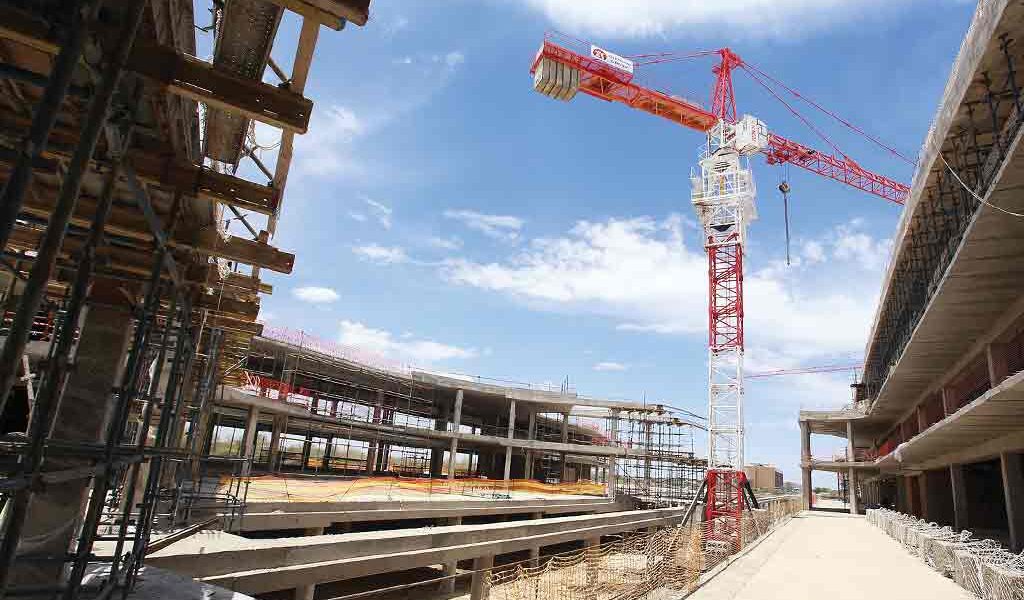Botswana needs over P100 billion to fund public infrastructure in the next six years
TSHIAMO TABANE
Government may need more capital from the private sector to meet the projected increase in demand for public infrastructure in Botswana- this emerged at the Weins Financial Planning seminar last week.
Speaking at the seminar, Business Botswana President Lekwalo Mosienyane indicated that the projected increase in demand for capital was expected to encourage private sector investment in public infrastructure through Public Private Partnership (PPP) in the country.
Recent figures from the Ministry of Finance and Development Planning shows that the cost for infrastructural development, maintenance and repair is expected to rise from around P18.9 billion during the 2017/18 fiscal year to around P20.2 billion during the 2018/19 fiscal year. The figures show that during the 2019/2020 financial year the cost will remain high at P19.8 billion and slightly decline to around P19.5 billion in the 2020/2021 fiscal year. According to statistics, government needs around P25.5 billion to fund infrastructural developments during the 2021/2022 and 2022/23 financial years. In the National Development Plan (NDP) 11 the ministry projected that government needed over P100 billion to construct new infrastructure such as roads, bridges, schools, hospitals, dams and sanitation and refurbish existing infrastructure during the next six years. “In absolute terms, these are huge amounts, totaling around P101.3 billion during the six-year period. This, in my view, demonstrates the extent of the opportunities for the private sector investing community to be involved in this infrastructure spending,” Mosienyane said.
He said while data is not readily available on the extent of the potential demand for private sector capital in infrastructure development, it is an established fact that the backlog of infrastructure development is huge and will continue to grow as the population grows and the need to replace, modernize and maintain it will grow. “There is therefore huge potential for private sector capital to participate in these projects both in terms of investments and management skills,” he said.
Mosienyane says the most appropriate route to facilitate private sector participation in infrastructure investing in Botswana is through the private equity route rather than directly investing in these assets. “In my view, the only effective way of bringing-in private sector capital into infrastructure funding is through the private equity route; specifically, by establishing infrastructure funds which investors such as pension funds and other institutional investors can participate in.” According to Mosienyane, pension funds continue to invest the bulk of their portfolios abroad thereby creating wealth and jobs for others in foreign countries instead of locally where they are most needed. “Currently most, if not all pension funds, are heavily invested in offshore markets carrying negative tax implications and foreign exchange risks.”
He indicated that if delivered in the right way, private sector participation in the construction of public infrastructure can create much needed jobs, assist in skills transfer, spur innovation, provide essential infrastructure services, boost economic growth rates and strengthen standards in public and corporate governance.

